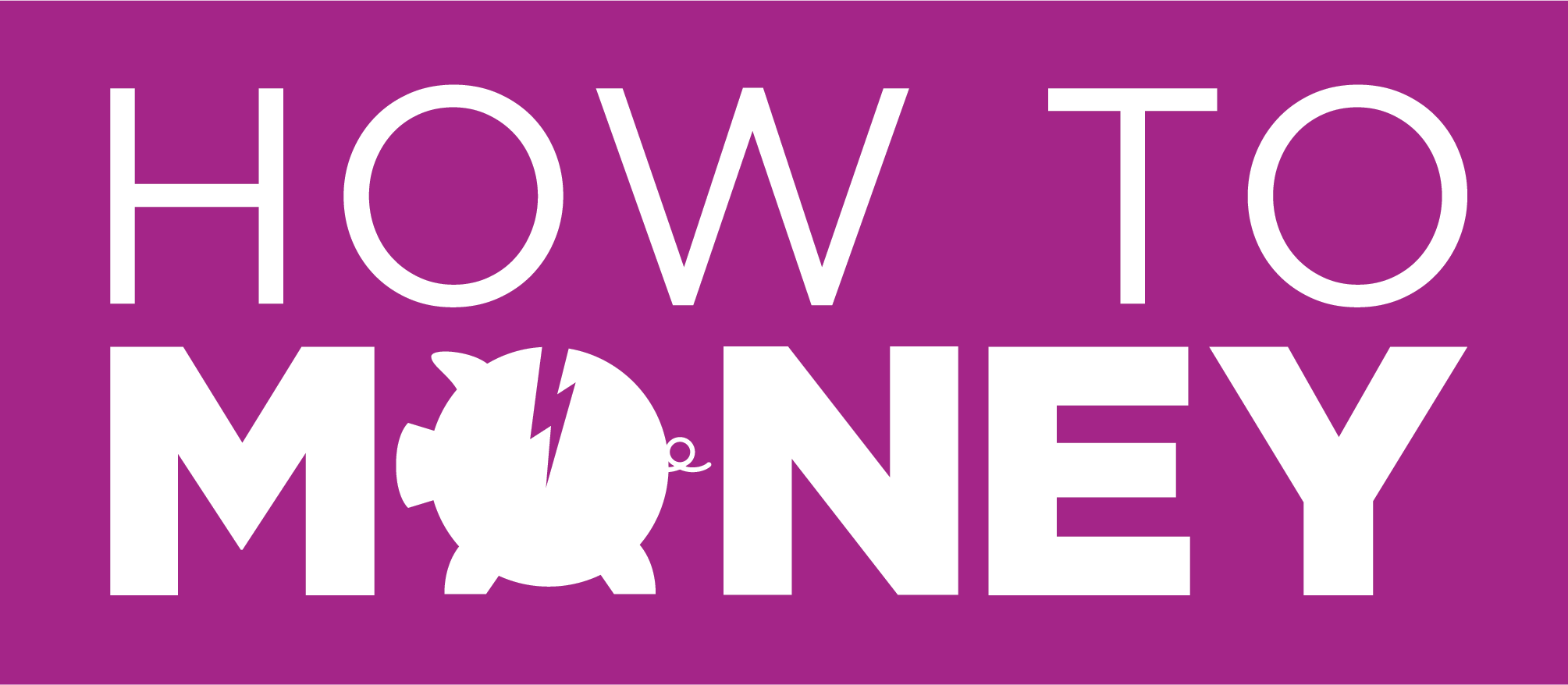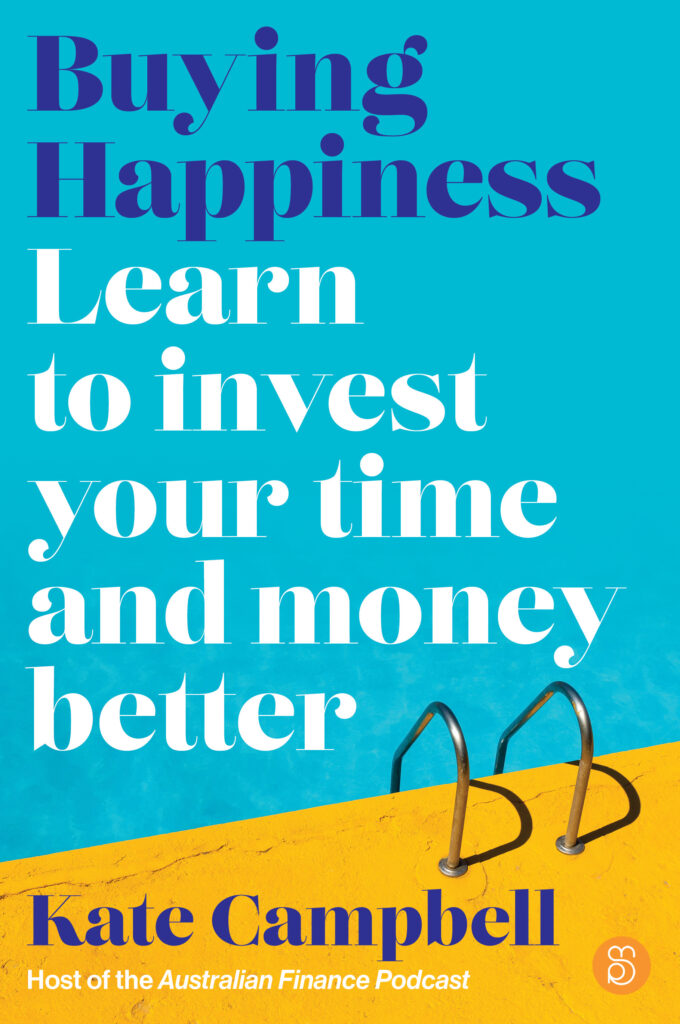
Filtering Through Financial News
Everywhere you look online, you’ll see bold headlines and a constantly changing array of predictions, which can often make it difficult to navigate the waters of financial media. Who should you listen to? Do they know what they’re talking about? Are my previously held opinions incorrect? Are their claims based on any form of fact? Have they cherry-picked their numbers and statistics? In this article, I explore how we go about using and consuming financial media and discuss some of the ideas experts have on how best to filter through the mud.
What is financial media?
Financial media is the source of much confusion and misdirection, however, it’s essentially anything we consume online that has something to do with finance and may be used to inform and guide our financial decisions. You might have seen prominent economists on ABC news talking about recessions or market experts from investment firms discussing the market movements of the day. These people are brought on to get views and may not necessarily be the expert or most informed in the area they are discussing, they might just be the loudest person in the room.
Some of the places we now consume financial media, even if we’re not aware we’re doing so, include:
- TV
- News websites
- Twitter, FB and Instagram
- Newspapers
- Blogs
- Youtube
- Apps
- Financial experts
- Our friends and family
Are you unconsciously making decisions based on media headlines?
One of the tactics used by media platforms is shock and awe, which makes for a much more attractive headline. Would you be more likely to click on a headline that says “The market had a relatively flat day” or “The market crashed by 2%, losing investors billions globally”? For a long-term investor, 2% is a relatively innocuous daily movement, but the media will flash dramatic headlines in your face, which can often change the way you interpret events.
Some of the ways I work to combat this myself are by considering the following:
- What are the facts of the matter?
- What’s the incentive/bias of the media source?
- Am I reading for entertainment or knowledge?
- I’m a long-term investor, not a day-trader.
- Negative people often sound smarter.
Where do we look for a wide array of independent sources?
An important question to ask yourself is whether you have formulated a particular view yourself after reading and listening to a variety of sources, or are your just parroting the views and opinions of one particular person or publication?
Many people (myself included) now receive a lot of their news and information from social media, but it is important to remember that social media can quickly become an echo chamber. We usually only follow people we like and agree with, and can miss out on different voices and opinions. One idea that my friend Owen mentioned to me was to always look for the opposing view to any idea or piece of news I came across because there are always multiple ways of looking at things and various sides to any story.
The test of a first-rate intelligence is the ability to hold two opposed ideas in mind at the same time and still retain the ability to function.
F. Scott Fitzgerald
Some of the places where I look for financial news include:
- Variety of podcasts from different countries and points of view
- Online blogs and website
- Books and journal articles
- Social media (use lists to curate a more diverse range of voices)
- Asking my friends, family and wider network for their thoughts and opinions
How do we sort between fact and fiction?
One of the hardest parts of reading financial media nowadays is sorting between facts and fiction because sometimes fiction can be presented in a much more believable or engaging way than the truth. One thing I catch myself doing sometimes is glancing at a single headline, quote or statistic, and then referencing it later of that day in conversation, even though it’s not usually the full story at all.
Every time you consume media, ask yourself what the incentives are for the person or publication to provide you with this information. Everyone has their own internalised biases and opinions that shape the way they write and speak, even if they try to be as independent as possible. Even when you listen to podcasts or articles I produce, I always provide resources to other sources and urge you to listen and read to a range of voices on the same subject, because otherwise you’re just learning from one source and that’s never a good idea.
Here are another 3 questions to ask yourself when consuming financial content:
- Is the content based on data or opinion?
- Is the content descriptive of past conditions or predictive of the future?
- Does the content have a testable hypothesis?
How do you become an informed consumer of financial media?
This is an extract from The Behavioral Investor by Daniel Crosby, who I had the pleasure of interviewing on the How To Money podcast last year.
- Evaluate the source — does this individual have the appropriate credentials to speak to this matter or were they chosen for superfluous reasons such as appearance, charisma or bombast?
- Question the melodrama — while volatility can be the enemy of good investing, chaos and uncertainty are a boon to media outlets hungry for clicks and views.
- Examine the tone — does the report use loaded language or make ad hominem attacks(character attacks)? These are more indicative of an agenda than an actual story.
- Consider motive — news outlets are not charitable organizations and are just as profit-driven as any other business. How might the tenor of this report benefit their needs over yours as a decision-maker?
- Check the facts — are the things being presented consistent with best academic practices and the opinions of other experts in the field? Are facts or opinions being expressed and in what research are they grounded?
Read stuff you disagree with, written by people you respect. Charlie Munger says a prerequisite to having an opinion is stating the opposing side’s view as well as they can.
To finish up with a quote from the legendary writer Morgan Housel, “every piece of financial news you read should be filtered by asking the question, ‘will I still care about this in a year? five years? ten years?’ The goal of information should be to help you make better decisions between now and the end of your ultimate goals. Read old news and you’ll quickly see that the life expectancy of your goals is higher than that of the vast majority of headlines.”
More Resources:
- How to Read Financial News: Tips from Portfolio Managers
- How to Become an Informed Consumer of Financial Media
- The Laws of Wealth — A Chat With Daniel Crosby
- How To Read Financial News · Collaborative Fund
- Daniel Crosby Twitter (Author of The Behavioral Investor)
- Financial Review — Business, Finance and Investment News
- ABC Business News
Let me know how you read financial news and sort out fact from fiction @howtomoneyaus on Twitter and Instagram.
Kate — HTM Editor & Host

Kate Campbell is the founder of How To Money. Kate created HTM from a passion to help young Australians start talking about money, and share the resources she finds along her financial education journey. This led Kate to start her own journey to financial independence a few years back and she now works in the Australian financial services industry.
Want to learn more about money and personal finance? Check out our article archive, the How To Money Podcast and the Australian Finance Podcast. Catch us on Twitter @HowToMoneyAUS and Instagram on @HowToMoneyAUS.
Important Information
The information on this blog and website is of a general and educational nature only. It does not take into account your individual financial situation, objectives or needs. You should consider your own financial position and requirements before making a decision, as we are not an advisory service. We recommend you consult a licensed financial adviser in order to assist you. The information is based on assumptions or market conditions which can change without notice, and this will impact the accuracy of the information provided. This website and blog occasionally provide links to third-party sites, aimed at helping you gather the information required to make an informed decision — we may receive payment for these referrals.






